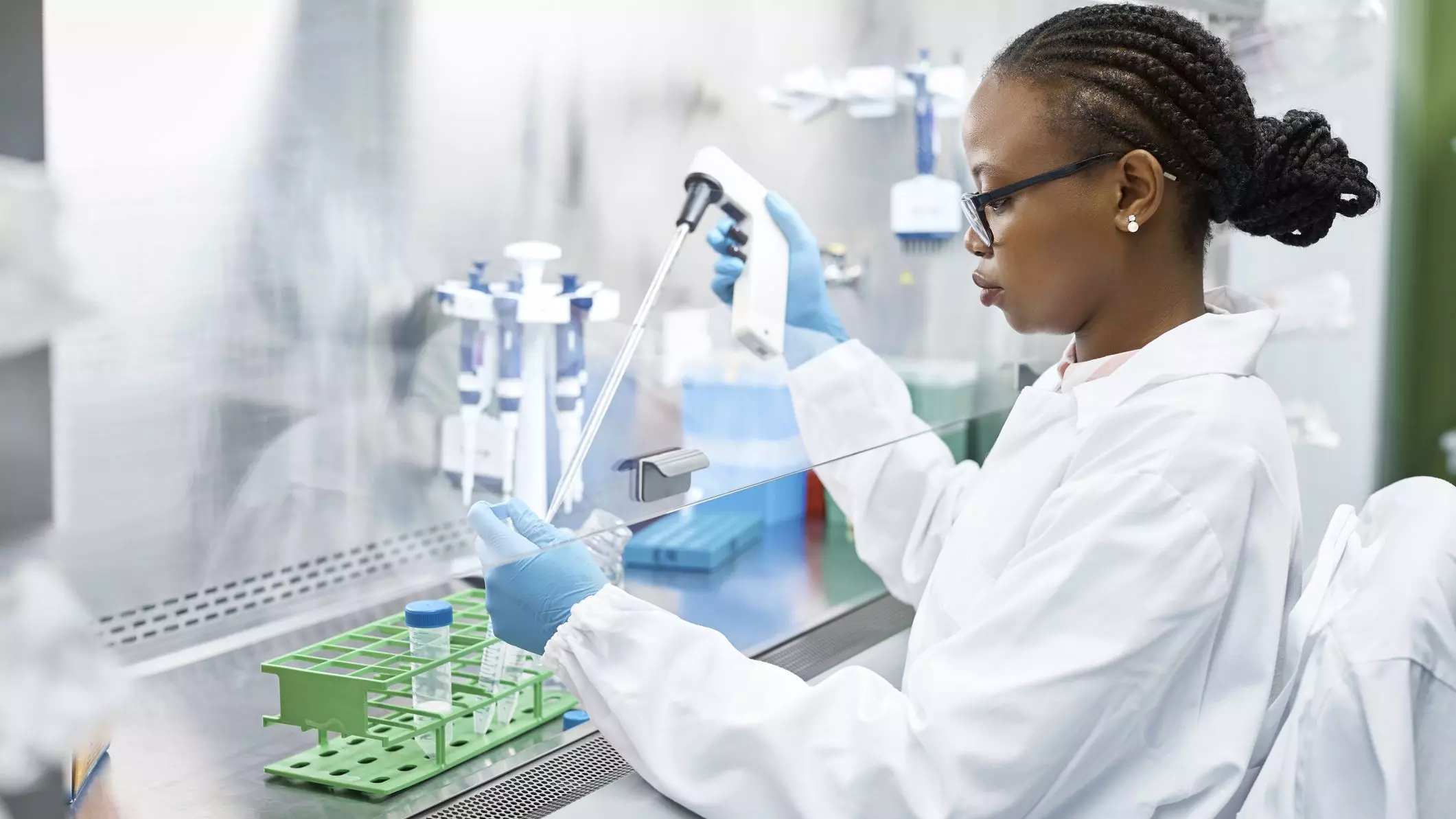
Scientists develop a drug to resist over 300 bacteria
text_fieldsNew York: Scientists at Illinois have developed a drug molecule that can fight over 300 drug-resistant bacteria.
Gram-negative bacteria are a class of microbes that infect millions of people worldwide. They are difficult to treat because of their strong defence system. Their tough cell walls keep most antibiotics out of the body. They also have pumps that efficiently remove the antibiotics once they get inside.
While these microbes are able to mutate and evade many drugs, treatments that work on them are not very specific and eradicate beneficial bacteria as well. Developed at the University of Illinois, the new drug has the potential to infiltrate the defences of gram-negative bacteria and treat infections. It also leaves the beneficial bacteria alone.
The new compound is called fabimycin, which inhibited drug-resistant gram-negative bacteria in lab experiments. It has been tested on mice with pneumonia and UTIs.
The team led by Paul Hergenrother started working with an antibiotic that was active against gram-positive bacteria and made a series of structural modifications that they believed would allow it to act against gram-negative strains.
So far, fabimycin has proved its potential against over 300 drug-resistant clinical isolates. It is relatively inactive toward gram-positive pathogens and harmless bacteria that live in the human body.
Experts think that fabimycin will one day be an effective treatment for complicated infections.























